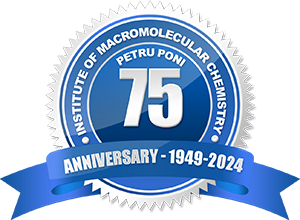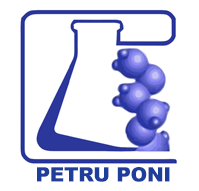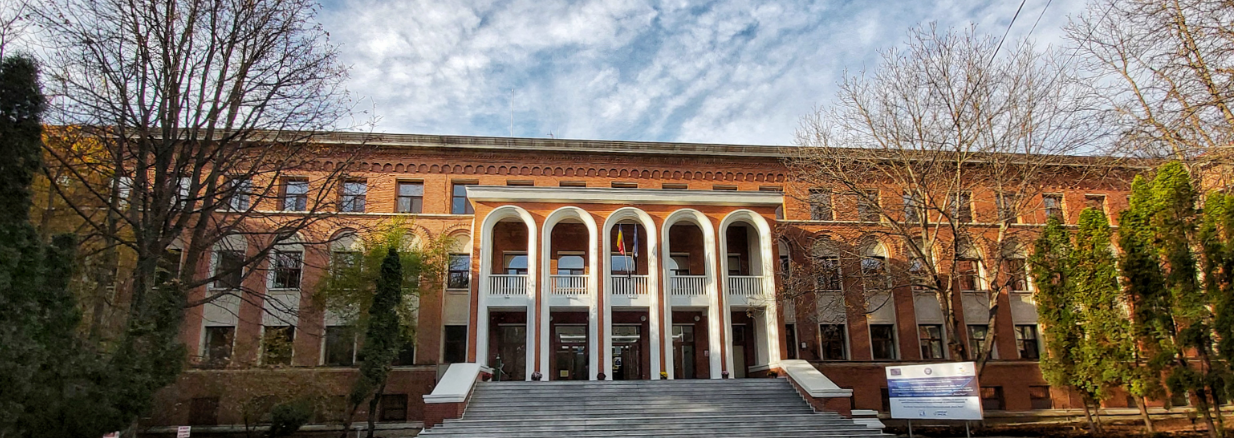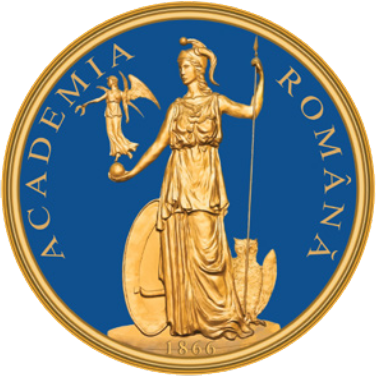The project „Quartz sand/polyelectrolyte composite microparticles with high loading/release of some inorganic/organic compounds from polluted waters” has as main scope to improve the treatment efficiency of polluted waters resulted from different industries, by reducing the content of metal ions and organic compounds, by means of using innovative, affordable and ecofriendly materials as complex sorbents based on quartz sand and natural/synthetic polymers, thus contributing to the decrease of polluted waters and a thus to a better water quality.
The project POLYSAND propose a new and innovative eco-nano-technology for composite sorbent advanced material synthesis - polyelectrolyte precipitation onto sand surface from high concentration of polymer chains - which will increase the deposited amount of cationic polyelectrolyte followed by eco-friendly chemical cross-linking of organic arhitecture in water medium.
The general objective of POLYSAND project is to develop a new eco-technology demonstrated at laboratory level, proving the feasibility of advanced materials obtained by sand/polyelectrolyte composite microparticles in multiple loading/release of organic/inorganic pollutants from synthetic waters. These may lead to practical approaches of increased interest in water purification by using cheap and very accesible substrates for filtration columns.
The POLYSAND project specific objectives according to project experimental strategy refer to:
- Development, characterization and testing of advanced materials as complex sorbents based on sand and natural and/or synthetic polymers used as fillers in sorption columns for water treatment;
- Transfer of knowledge generated in basic research on composites synthesis by multiple polymer deposition toward the higher level of technological maturity, namely the lab-validated technology (Project outcome: a new patent);
- Increasing the capacity of ICMPP and TUIASI teams to generate lab-validated solutions for new and significantly improved methods (cheap and environment friendly) and technologies for advanced materials synthesis, as well as their use in water purification
- Validation of the laboratory eco-technology (TRL4) for advanced materials as complex sorbents synthesis;
- Dissemination of research results at national and international level;
- Improvement of the institutional cooperation between universities and research institutes.
| 







